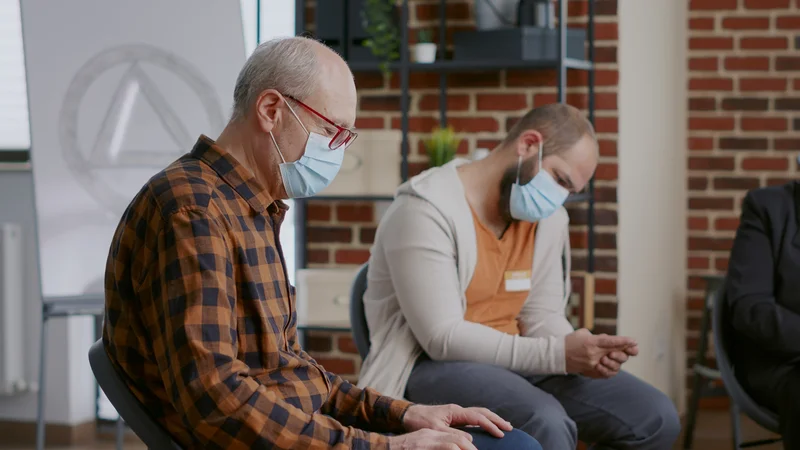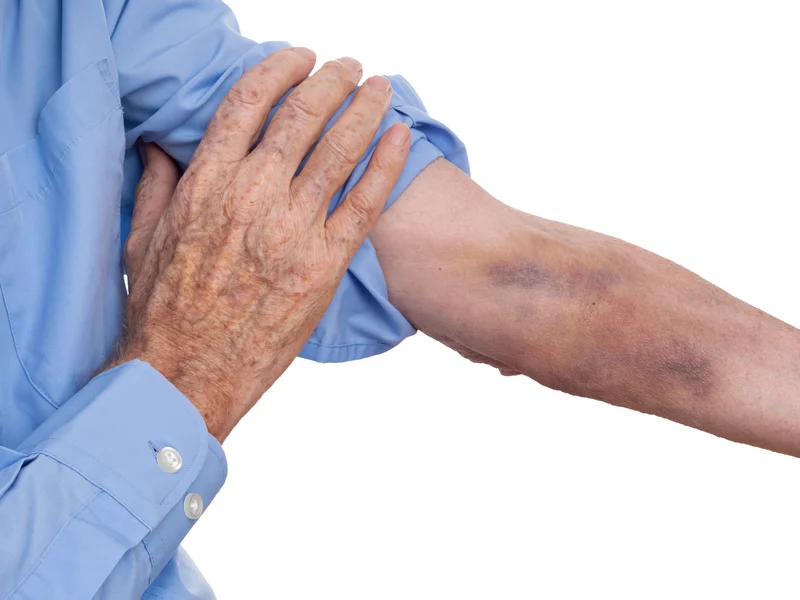Find the comprehensive, compassionate treatment you need at Agape Behavioral Health. Our programs offer a holistic approach to addiction recovery, including medical care, mental health support, and education. The first step in dealing with the dry drunk syndrome is the same as it was for quitting alcohol. By seeking professional help and developing healthy habits, people with dry drunk syndrome can take the necessary steps towards a more positive, sober lifestyle. With time and commitment to recovery, overcoming this difficult condition and reclaiming your life is possible. Everyone’s journey to recovery is different, and treatment plans must be individualized to meet each person’s unique needs.
The Classic “Dry Drunk”
In this case, the underlying mental health issues would be the cause of PAWS. To reduce the risk of relapse, patients are encouraged to change their entire life during addiction treatment. Recovery requires the creation of a new life where it’s easier not to drink or use substances. Other recovery rules include honesty, asking for help when needed, practicing self-care, and not bending the rules. Dry drunk syndrome symptoms can be the exact opposite of these recovery guidelines, which could signify impending relapse. Dry drunk behavior, as originally defined in Alcoholics Anonymous, is any characteristic of substance abuse that persists into sobriety.
- Also, maintain a positive outlook in the hope that addiction treatment professionals can help them forge a solid commitment to recovery.
- Having helpful coping techniques in place can make it easier to manage distressing emotions and thoughts about drinking.
Potential for Relapse

Ask for help when you are struggling or feel stuck in a rut with your progress. Support group meetings can be an invaluable tool, allowing you to meet other people who have overcome similar challenges. Unchecked, these behaviors can cause deep family rifts, sometimes irreparable. The complex emotions and mental health issues they’re dealing with were likely factors in their initial turn to alcohol. Dry drunk is a term created by the founder of Alcoholics Anonymous (AA).

How Do I Know If I’m An Alcoholic?

Our trusted behavioral health specialists will not give up on you. When you feel ready or just want someone what are the signs of a dry drunk to speak to about therapy alternatives to change your life call us. Even if we cannot assist you, we will lead you to wherever you can get support. In 12-step programs, this is commonly known as ‘terminal uniqueness,’ or the belief that I am so unique, that no one could understand or relate to me. Unfortunately, those of us in recovery find that the only thing we ever got from sitting on the ‘pity pot’ was a ring around our butt.

Unresolved Emotional And Mental Health Issues
- Recovering from a substance use disorder and achieving lifelong sobriety involves more than abstaining from alcohol and drugs.
- PAWS symptoms are reasonably common among people recovering from AUD.
- Sobriety is a long, ongoing process, but help, support, and treatment can make it easier.
- Alcohol abuse and addiction can impact every aspect of a person’s health and well-being.
The severity and duration of the symptoms can vary depending on the individual and their substance abuse history. Not everyone who experiences dry drunk syndrome will experience a return to use. However, the longer the person does not accept help, the more likely a return to use will occur. Loved ones who are worried about a family member or friend experiencing dry drunk syndrome should try to talk about options for help.
This can leave partners feeling hopeless and exhausted, always walking on eggshells. People with alcohol addictions often self-medicate, possibly sparking and fueling their addiction. Dealing with emotions like loneliness, anger, resentment, or fear, they turn to alcohol instead of facing these feelings head-on. When you’re around others who really understand what you’re going through, it helps you feel connected and reminds you that you’re not the only one facing tough times. You can share your thoughts, express your feelings when things get rough, and hear stories from people who have been in your shoes.
- Some people try to quit drinking alcohol without professional help.
- Dry drunk symptoms occur when an individual has physically given up alcohol but has not made any behavioral or emotional changes.
- You can only truly recover and stay well if you work through all those layers, not just the physical side of addiction.
- Support is one of the biggest components in preventing a return to use, and knowing you have people to turn to in times of crisis will help keep you on the right path.
Frustration at the fact that they’ll never be able to drink (or use drugs) again
- People may seek behavioral therapies, counseling, education, and other forms of support to address dry drunk syndrome.
- Supporting someone in recovery can be tough, especially when they show “dry drunk” symptoms, where behaviors mimic those of active drinking.
Though this phrase may sound somewhat judgmental, it’s essential to understand that dry drunk syndrome is not due to inadequacy or a lack of effort. This issue can happen to anyone who is struggling to overcome addiction, either in the earliest stages of recovery or in the post-acute withdrawal phase. The person will experience mood swings quite often, and they can easily go from irritated to sad to angry. Anxiety and depression may develop from dry drunk syndrome and make it difficult to interact with others.
Addiction Resource aims to provide only the most current, accurate information in regards to addiction and addiction treatment, which means we only reference the most credible sources available. There are many different rehab programs out there, so finding one that meets the unique needs of a person struggling with addiction is possible. In addition, the early stages of sobriety are overwhelming and emotional. Many people use alcohol to numb the pain and push off emotions they did not want to deal with. If a person is unable to participate in those steps, it is possible for them to develop a dry alcoholic syndrome. Substance abuse treatment exists because there are a number of steps that have been found alcoholism treatment to be effective in treating addiction and maintaining sobriety.
